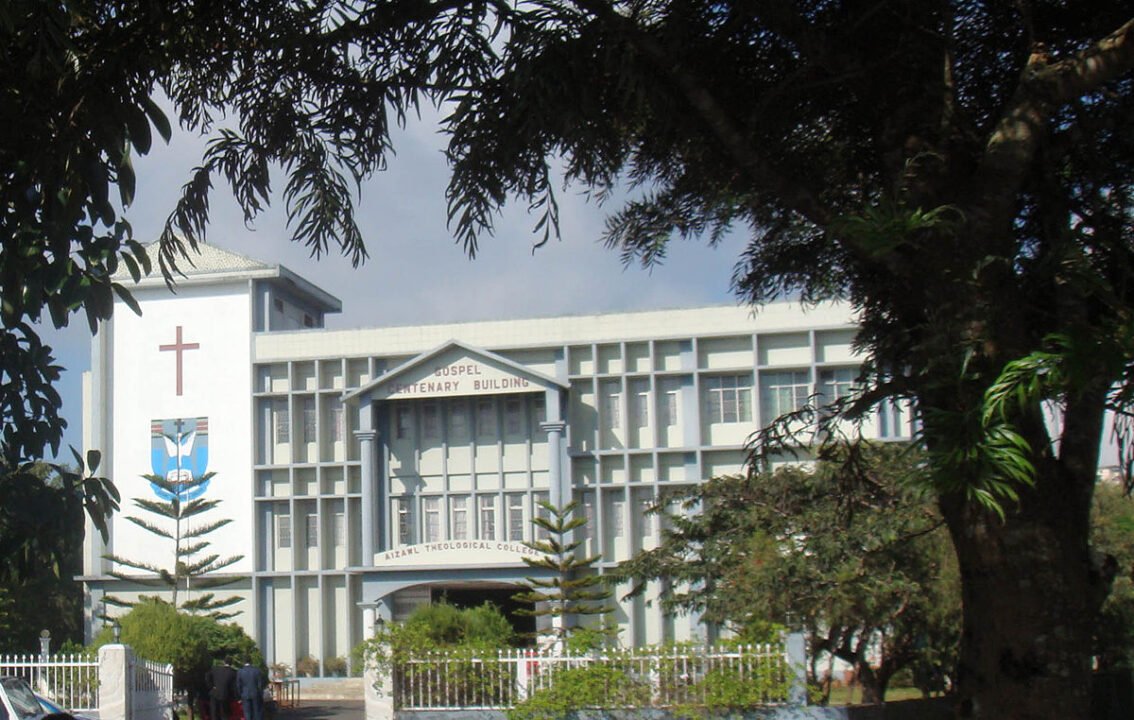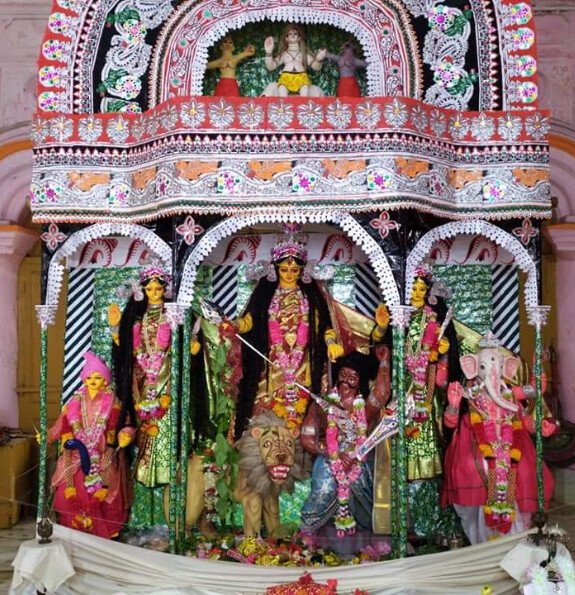Agartala, Dec 26 (PTI): 25-year old Victor Sagar D’souza, a descendant of Portuguese settlers in the Northeast, wants to visit the land of its ancestors in search of his roots.
D’souza was born near the ‘Portuguese’ Church at Mariamnagar, on the outskirts of Agartala, where his ancestors were settled some 500 years ago.
“I heard many stories from my grandfather and others about how my ancestors came to Tripura and how they settled here. But with the passage of time our tradition, culture, food habits have changed … but we still identify ourselves as descendants of Portugese settlers,” said D’souza, who runs a retail shop near the church, the epicentre of Tripura’s `tiny Portugal’.
Tripura’s `Portugese’ were hired by the erstwhile Manikya kings as mercenary soldiers to help protect the Tripura principality from repeated raids by Mog brigands from nearby Arakans.
After Vasco Da Gama’s fleet found the route to Calicut, Portugese traders and pirates also found their way around the coast to Bengal and many settled down in Chittagong, Sandwip Island and Faridpur (in present day Bangladesh).
“The rulers of Tripura invited some of those settled in Chittagong to join the royal army. Many of them served as gunners and riflemen and were compensated with land settlements”, said Sekhar Datta, an author who studied Portuguese settlement in Tripura.
Dr. David Reid Syiemlieh, an academician and former chairman of UPSC who has studied Portuguese settlements in North-East India, wrote that King Amar Manikya Bahadur (1577-1586) engaged a group of Portuguese mercenaries in his army at Chittagong and Noakhali (now in Bangladesh). They were later settled at Rangamati (later renamed Udaipur), the then capital of Tripura. After Maharaja Krishna Manikya shifted his capital to Agartala in 1760, they too were re-settled at Mariamnagar.
Son of the last ruler of Tripura, Pradyot Kishore Manikya Debbarma said, “They (Portugese mercenaries) brought in considerable knowledge of tactical warfare skills with them as they were well-versed in using firearms”.
The tax-free land given to them became ‘Mariamnagar’, or the land of Mary. Though many of these settlers gradually took up farming, they could not hold on to the land given to them.
Biplab Lagardo, a college teacher from the community said, King Amar Manikya had engaged only 22 gunners from Coxbazar area, but they were enough to defeat the nomadic Mog bandits as they brought with them sophisticated weapons.
“King gave us a prestigious settlement with huge lands and we were regularly invited by the rulers to Ujjayanta palace here”, he told PTI.
An epidemic of cholera broke out in Tripurain 1905, which saw many people from the community migrating to Assam, Lagardo said.
However, to check migration, the then king Radhakishore Manikya arranged many inter-caste marriages between Bengali women and men from Portuguese community and incentivized them many ways, as a result of which mixing and inter mingling started.
Lagardo said he has tried hard to piece together the community’s ancestral history. “It is a very tedious job. I have succeeded in tracing back only as early as the 1860s,” said the college teacher, adding that many documents seem to have been destroyed during the riots of 1980. “I am trying to connect the dots and I am told some of these documents are there with our community in Dhaka (Bangladesh).”
Portuguese legacy in Dhaka is stronger with the community having flourished till the early 18th century when competition with the English and Dutch traders drove them out.
“I don’t know Portuguese, nor can I read Latin. (But) I would love to know more about my ancestry and learn Portuguese someday,” says Pratiksha Marcher, a 20-year-old college student.
Tripura’s first Catholic Church located at Mariamnagar, the only Portuguese settlement of the state, is set to have a quiet Christmas this year
Father Leenus of the Church said, “This is the first Catholic Mother Church and the Catholic belief had spread all across Tripura from this very Church. Five centuries back, the Portuguese had arrived and settled here. … Now around 70 odd Portuguese-origin families who were offered settlement still reside in this area.”
With the passage of time, the community has also lost most of its traditional recipes. “Rarely do we cook traditional Portuguese foods such as Vindaloo at home as the younger generation does not like them. The local Bengali chicken is the most favoured by our families,” Lagardo said.
D’souza said, “Though we are Christian, our woman put vermillion on the forehead and organise the Durga Puja every year. My sister has married a Brahmin here. The community’s assimilation with the local Bengali population is complete and we do not mind”.







